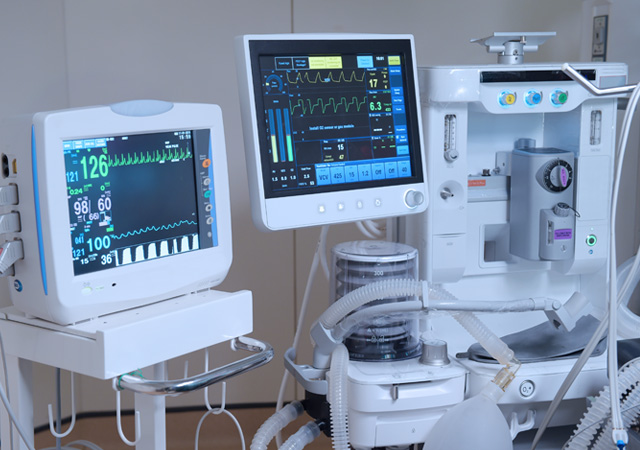Hysteroscopy is a type of medical procedure, which used for the diagnosis and treatment of health issues that are associated with the woman’s uterus. Hysteroscopes are slender telescopic devices, which can be inserted into the vagina to reach the uterus, where it uses cameras and sensors to display a clear image onto a screen. Hysteroscopy systems comprise other instruments as well for the treatment.
These tools are primarily used to find solutions to issues such as adhesions from surgery, a need for sterilization procedures, repeated miscarriages, or locating and studying an intrauterine device. The global hysteroscopy systems market is expected to witness a healthy rate of growth in the near future.
This growth can be attributed to increased incidences of conditions such as complications during post-menopausal periods, uterine tumors, uterine fibroids, and polycystic ovary disease. All of these conditions require the use of hysteroscopy systems to for diagnosis and treatment purposes.
Manufacturers Push for Strategic Acquisitions
A growing number of manufacturers are focusing their efforts on the acquisition of new technologies that might be potentially playing a major role in the market. These activities are primarily aimed towards bolstering the product portfolios for such companies.
While the market for hysteroscopy systems is largely consolidated, with major market share being captured by select major producers, a number of emerging players, who are working in the market have been pushing to gain market penetration through the launch of new systems and accessories associated to the industry.
You can Request an Example Copy from here – https://www.factmr.com/connectus/sample?flag=S&rep_id=2577
The major players include names such as Boston Scientific Corporation, KARL STORZ GmbH & Co KG, Stryker Corporation, Olympus Corp, and Hologic Inc. These companies control around 80 per cent of the market share. Their hysteroscopy offerings account for more than 6 per cent of the endoscopy systems market, which is expected to go above 10 per cent in the forecast period. Consequently, major manufacturers frequently acquire smaller competitors with new products, to keep ahead of other major players, while eliminating threats from new manufacturers.
Favorable Reimbursement Policies Support Hysteroscopy Procedures
Internationally, reimbursement policies have made incremental changes which favor the use of hysteroscopy setups. These changes have resulted in an approximate 3 time increase between 2016 and 2017. This trend is expected to rise even further in the forecast period, which is supported by the growing awareness about such procedures by patients.
Manufacturers and health care organizations are also working to set up prominent awareness campaigns, which are also driving professionals such as gynecologists to make use of hysteroscopy systems for diagnostic purposes. Office based hysteroscopes are rapidly gaining traction, generating substantial growth opportunities for the foreseeable future.
Ask Industry Professional about Report – https://www.factmr.com/connectus/sample?flag=AE&rep_id=2577
Developed regions including countries in North America and Europe are currently accounting for around 50 per cent of the hysteroscopy systems market. This trend can be attributed to the use of hysteroscopy systems over conventional avenues for better patient outcomes. In addition, changes by regulatory bodies such as the FDA are also promoting the use of hysteroscopy devices, which will propel growth in these regions.



